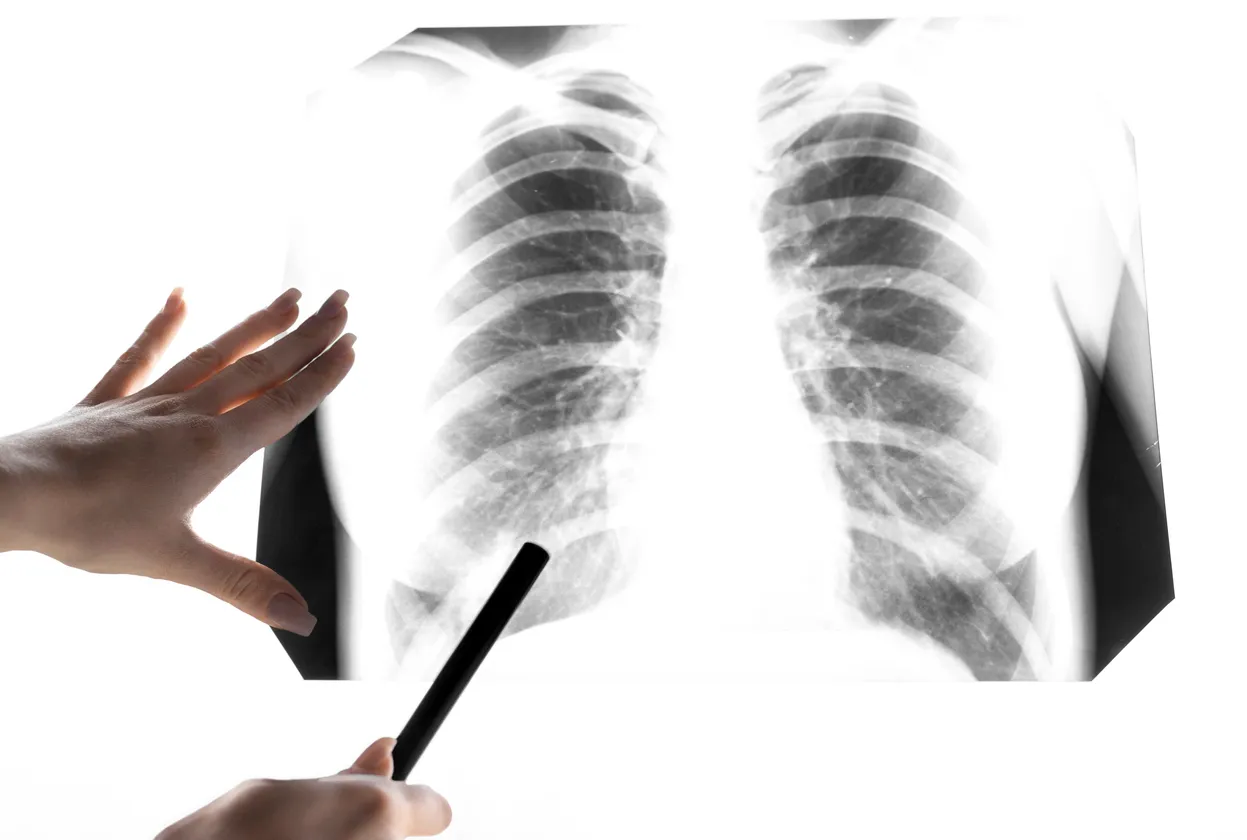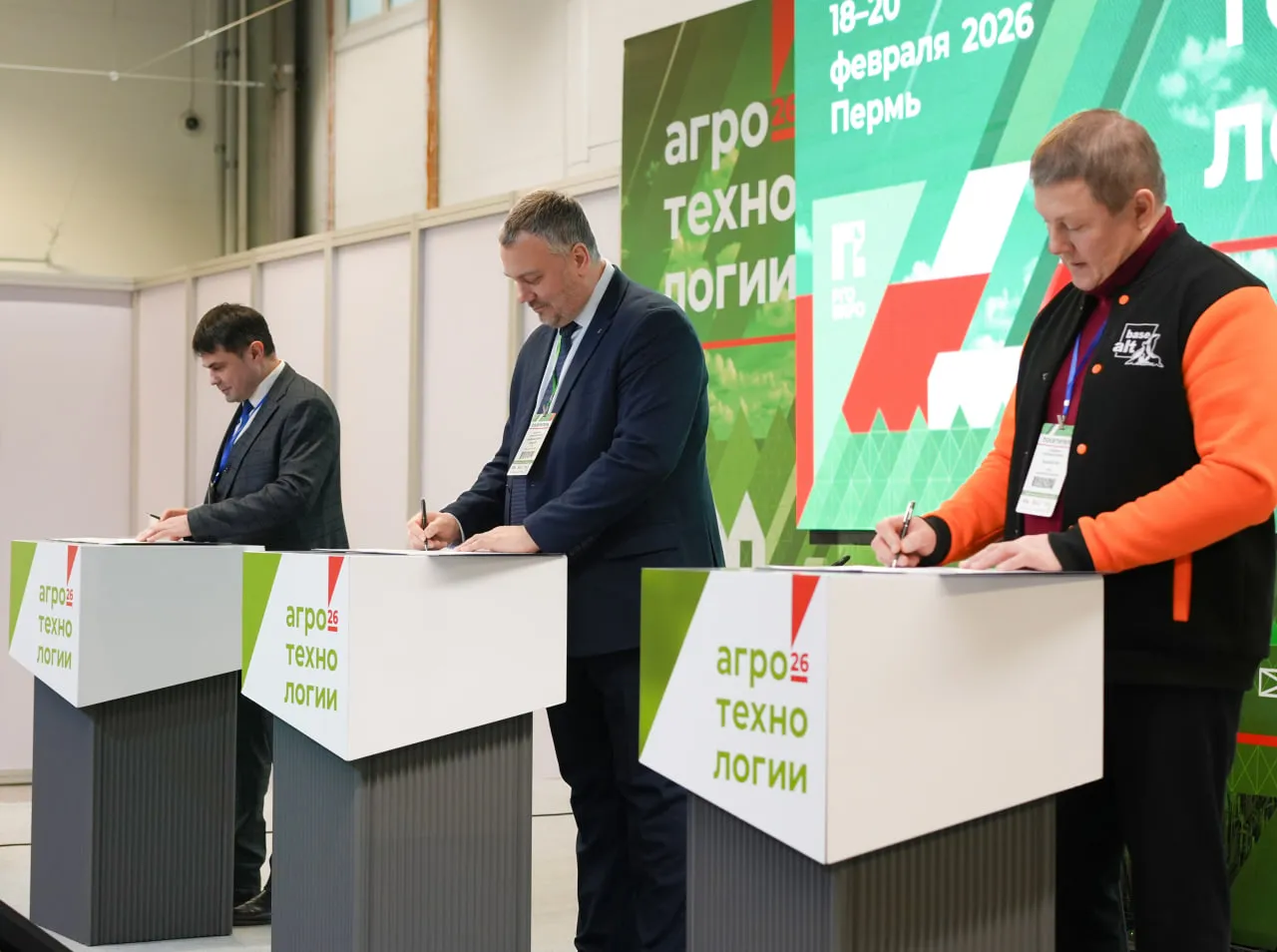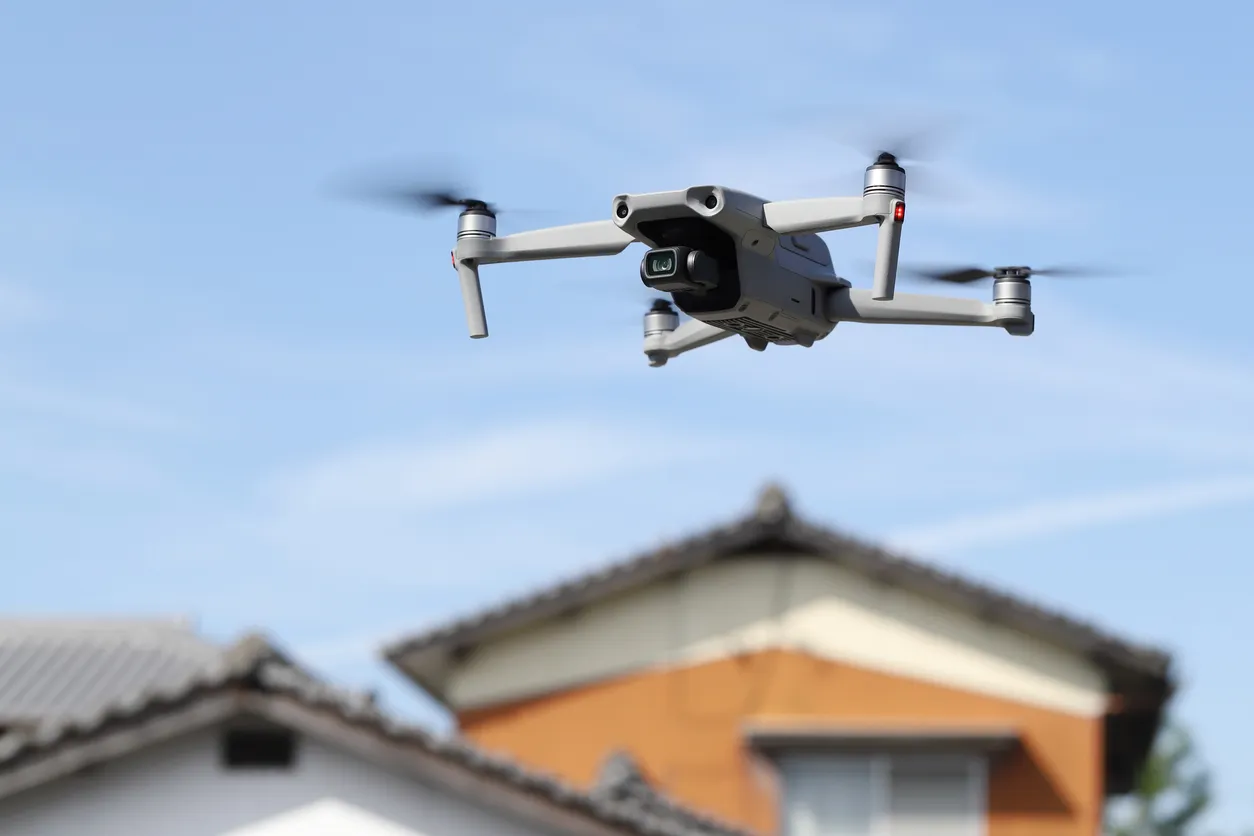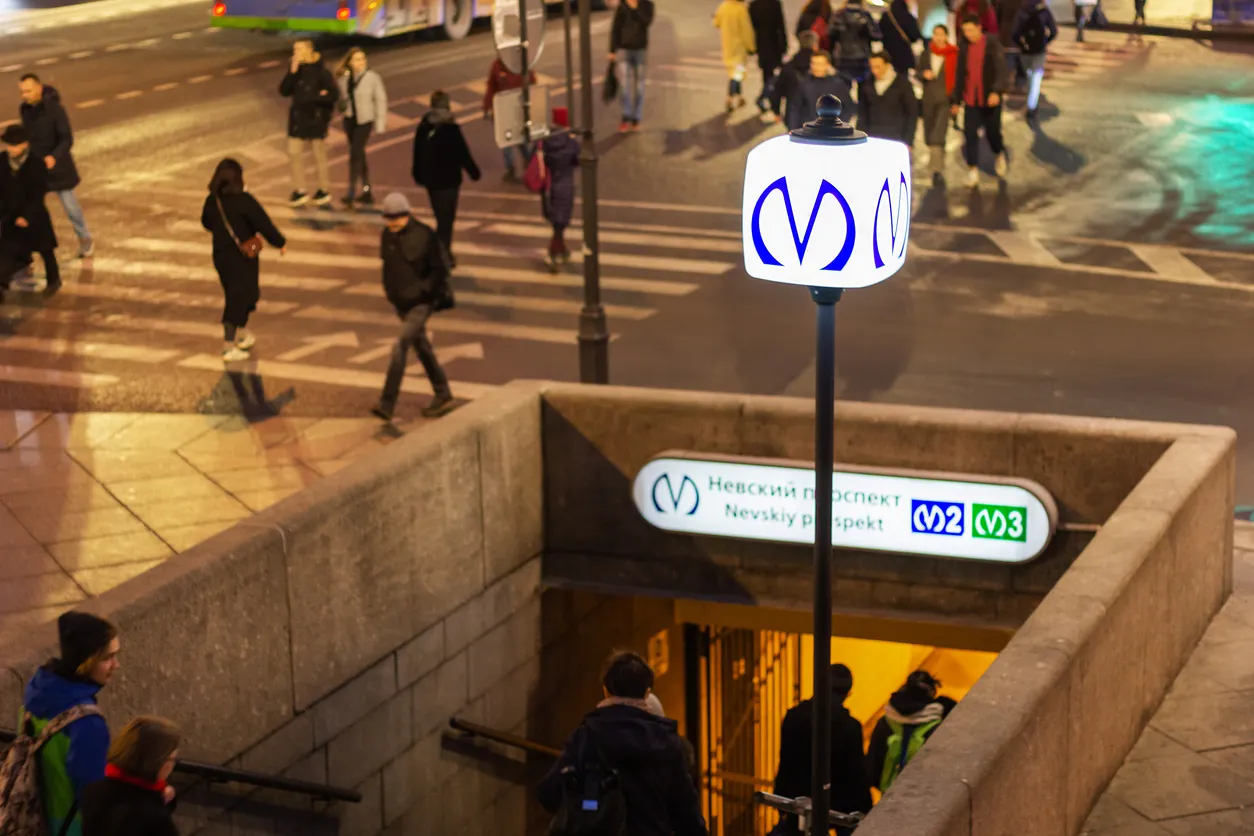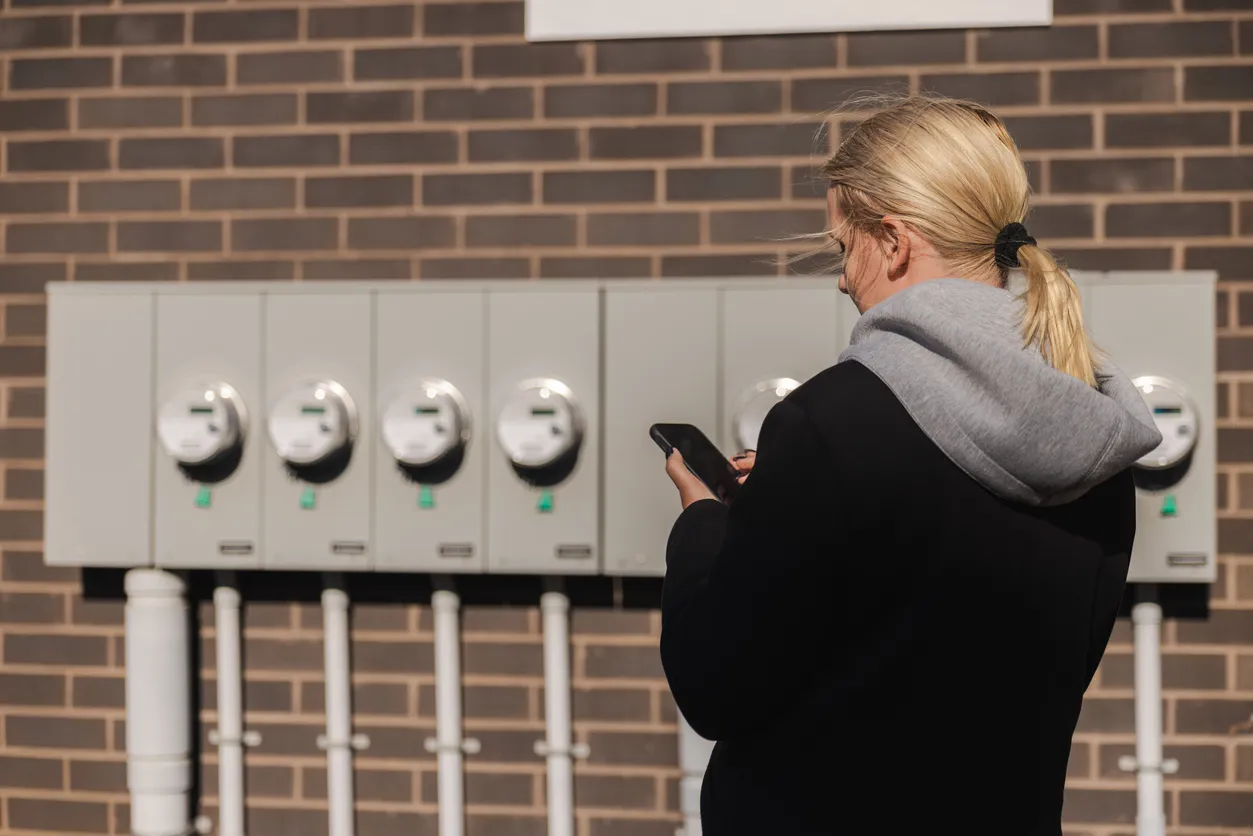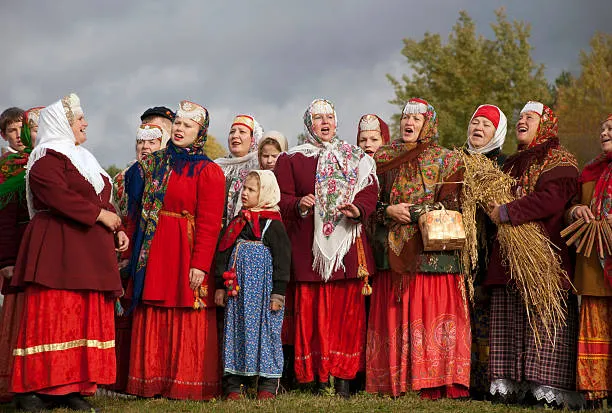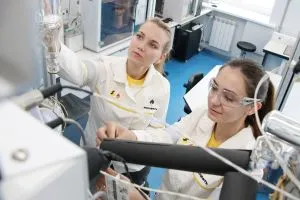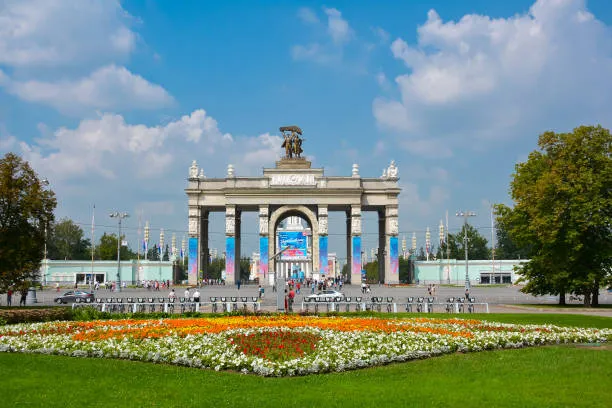Digital Technologies Help Restore Architectural Heritage in Russia
Digital restoration technologies developed in Russia are offering a groundbreaking approach to preserving fragile historical sites—recreating lost 17th‑century interiors without touching the monument itself.
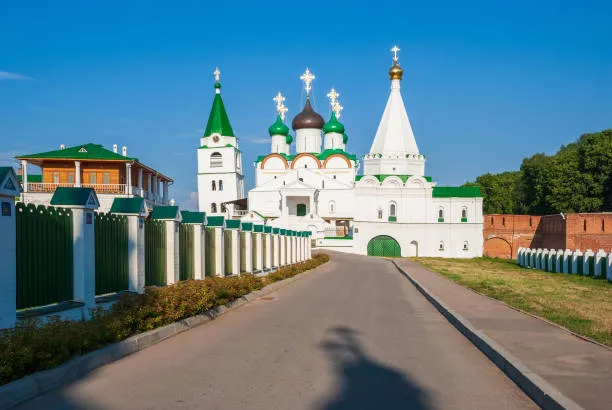
A Virtual Reconstruction Without Physical Impact
In Suzdal, at the Spaso‑Yevfimiev Monastery, researchers unveiled a digital reconstruction project for the wall of the Annunciation Gate Church. The unique technology made it possible to recreate lost 17th‑century decor without physically intervening in the monument.
Architect Sergey Meshalkin explained that traditional restoration was impossible: most of the murals and architectural elements had disappeared, and any attempt to restore them manually could have compromised the authenticity of the site.
A Virtual Altar
A team of architects and software developers created a virtual altar that combines video projections, light effects, and artistic visualizations. The resulting media installation creates the sensation of standing inside a historical space that looks exactly as it once did. At the same time, the interior of the church remains untouched, and no original architectural elements were altered.
Immersive Museum Experience
The project was carried out in close collaboration with museum specialists and representatives of the Russian Orthodox Church, ensuring historical accuracy and preserving the spiritual character of the site. The digital reconstruction is now part of the museum exhibition, expanding opportunities for visitors to immerse themselves in history and making architectural heritage more accessible.
The use of media formats in restoration opens new possibilities for preserving monuments that cannot be restored through traditional methods.


